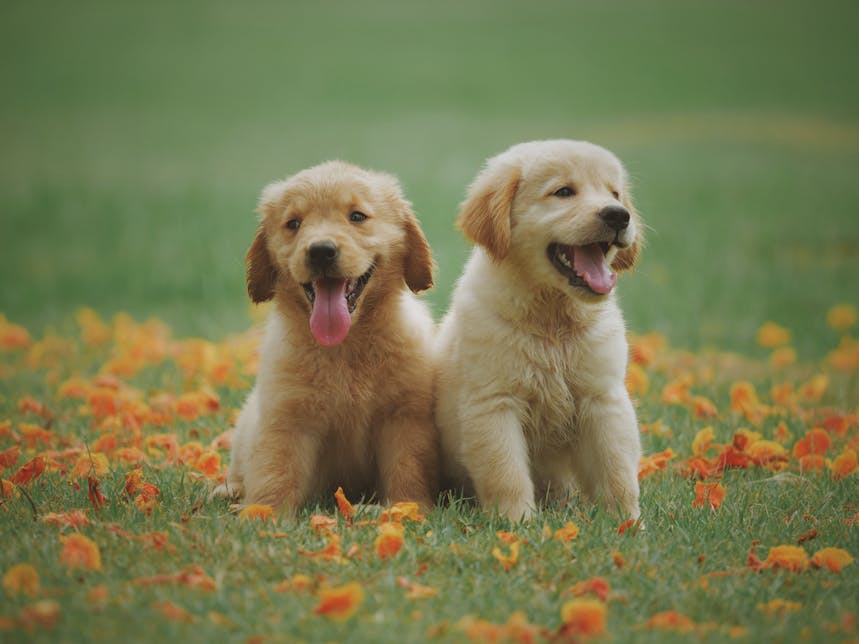Many dog owners wonder if it’s safe to give their furry friends milk. While it may seem harmless to share this creamy treat, there are a few important factors to consider before pouring your pup a bowl. Let’s dive into whether dogs can safely enjoy milk, potential risks, and what to do if your dog has a reaction.
🐾 Can Dogs Drink Milk?
The short answer is yes, dogs can drink milk, but it’s not always the best choice for every pup. Milk is not toxic to dogs, but many dogs are lactose intolerant, which means their bodies struggle to digest lactose, the sugar found in milk. This can lead to digestive upset, including diarrhea, gas, and bloating.
For some dogs, a small amount of milk as an occasional treat is fine, while others might experience discomfort even with a small sip. It all depends on your dog’s individual tolerance.
🥛 Symptoms of Lactose Intolerance in Dogs
If your dog is lactose intolerant, drinking milk can lead to uncomfortable symptoms. Keep an eye out for:
- Diarrhea
- Vomiting
- Excessive gas
- Bloating or abdominal discomfort
- Decreased appetite
These symptoms typically appear within a few hours of consuming milk. If your dog shows any of these signs, it’s best to avoid giving them dairy in the future.
🐶 Why Are Some Dogs Lactose Intolerant?
Lactose intolerance in dogs is quite common. Puppies are born with higher levels of the enzyme lactase, which helps them digest their mother’s milk. However, as dogs grow older and transition to solid food, their lactase levels naturally decline. This makes it harder for their bodies to break down lactose found in cow’s milk and other dairy products.
Not all dogs lose their ability to digest lactose completely, which is why some dogs can tolerate milk without issues, while others cannot.
🍦 Is All Dairy Off-Limits?
If your dog loves dairy, not all hope is lost. Some dairy products contain less lactose and may be easier for your dog to digest. These include:
- Plain yogurt (unsweetened and without artificial flavors)
- Cheese (low-lactose varieties like cheddar or Swiss)
- Lactose-free milk
When offering these products, always start with a small amount to see how your dog reacts. Even low-lactose options can cause problems for some dogs, so moderation is key.
🩺 What Happens If My Dog Drinks Too Much Milk?
If your dog consumes a large quantity of milk, you might notice more severe symptoms of lactose intolerance, such as prolonged diarrhea or vomiting. In rare cases, excessive milk consumption can also lead to pancreatitis, an inflammation of the pancreas caused by high-fat foods like whole milk or cream.
If your dog exhibits severe symptoms or seems to be in pain, it’s important to contact your veterinarian right away for advice.
🐕 Safe Alternatives to Milk
If your dog enjoys creamy treats, there are plenty of safe, dog-friendly alternatives to milk. These include:
- Dog-specific milk: Specially formulated for dogs and lactose-free
- Bone broth: A savory, nutrient-rich option
- Plant-based milk: Unsweetened almond or oat milk (in small amounts)
Always check the ingredients before offering any alternative to ensure it doesn’t contain harmful additives like xylitol, a sugar substitute that is toxic to dogs.
📋 Vet-Approved Tips for Feeding Dairy
Here are a few tips to keep in mind if you decide to give your dog milk or other dairy products:
- Start with small amounts: Offer a tablespoon of milk or a small piece of cheese to gauge your dog’s tolerance.
- Monitor for reactions: Watch for signs of digestive upset after introducing dairy.
- Choose low-fat options: High-fat dairy can lead to pancreatitis in some dogs.
- Stick to occasional treats: Dairy should never replace your dog’s balanced diet.
If you’re unsure about whether to include dairy in your dog’s diet, consult your veterinarian for personalized advice.
FAQs
Q: Can puppies drink cow’s milk?
A: While puppies can digest milk better than adult dogs, cow’s milk is not a suitable replacement for their mother’s milk or a puppy formula. Stick to a vet-recommended puppy milk replacer if needed.
Q: Is lactose-free milk safe for dogs?
A: Yes, lactose-free milk is generally safe for dogs in small amounts. However, it should still be offered as an occasional treat rather than a regular part of their diet.
Q: Can milk cause allergies in dogs?
A: Yes, some dogs may be allergic to dairy proteins, which is different from lactose intolerance. Symptoms of a dairy allergy can include itching, skin irritation, and ear infections.
Q: What should I do if my dog gets sick after drinking milk?
A: If your dog experiences vomiting, diarrhea, or other symptoms after drinking milk, discontinue dairy immediately and monitor their condition. Contact your veterinarian if symptoms persist or worsen.
References
- ASPCA – People Foods to Avoid Feeding Your Pets
- PetMD – Can Dogs Eat Dairy Products?
- VCA Animal Hospitals – Lactose Intolerance in Dogs
Book a $49 online vet consultation at https://www.dialavet.com for fast, expert advice.























